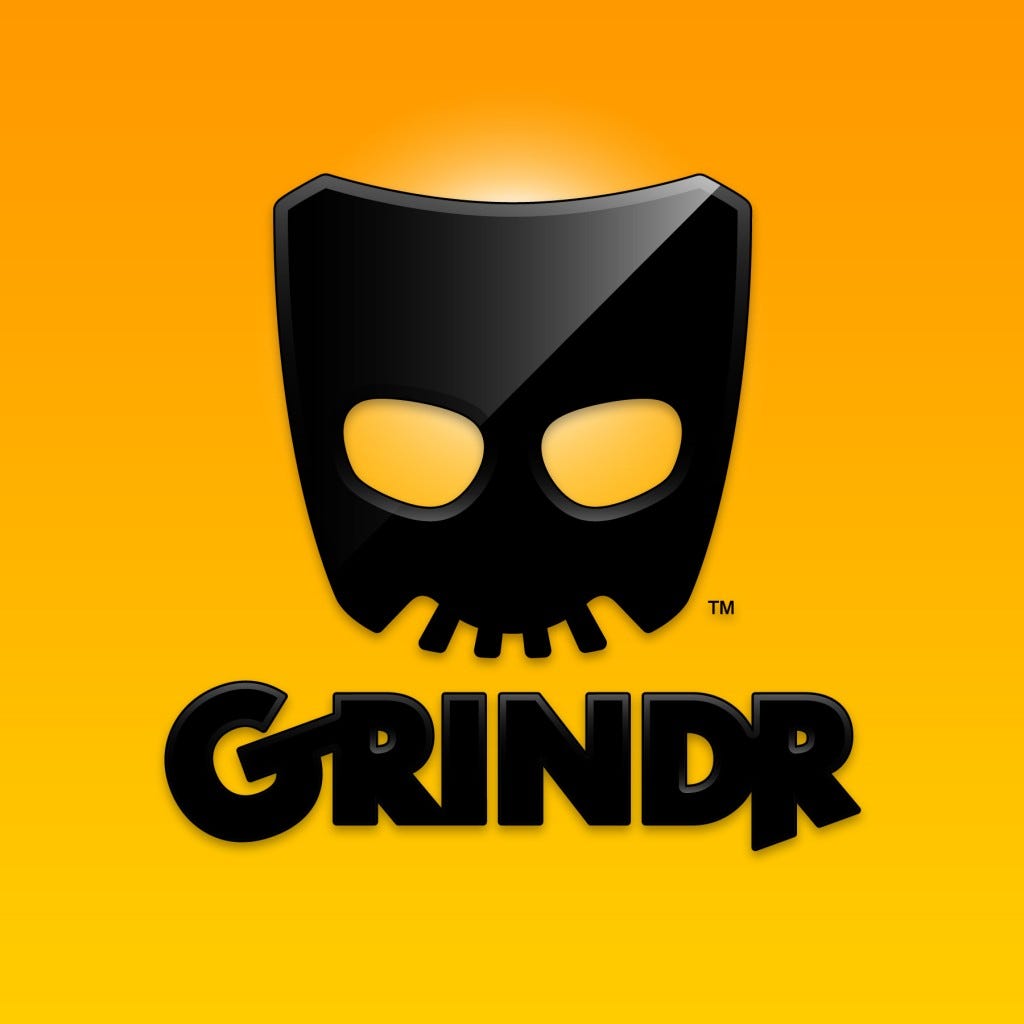If Politicians Can Use Grindr, So Can You
On Grindr, shame, and the future of hookup culture.
I’m Alexander Cheves, and this is LOVE, BEASTLY—a blog about sex, feelings, and manhood. It’s written mostly for men—gay, straight, bi, MSM, or just curious—but some readers are women, and some don’t fit into categories. Everyone’s welcome here.
This isn’t a Q&A—it’s me sharing my own advice on sex, dating, and connection.
This one’s free to read. Subscribe to unlock the full archive, including reader-submitted Q&As and more explicit writing.
In Amsterdam, two local politicians recently created Grindr profiles to attract new voters. "We are very fond of new technology and new media," Jan-Bert Vroege, an openly gay candidate for the D66 party, told Reuters. Vroege and his fellow candidate Pieter Rietman (who is openly bisexual) have both created profiles on the app.
"We are also into making Amsterdam a lively gay destination, and using Grindr, we can get that message to all the gay people of Amsterdam," Vroege said.
This is just another example of how the Netherlands is awesome. It was the first country to legalise same-sex marriage in 2000. That action started a chain of similar passings in other countries. Belgium, Canada, and South Africa followed, before the fight reached the U.S., beginning in Massachusetts.
The D66 party is described as "a progressive opposition party which was an early proponent of liberal policies in the Netherlands, including gay marriage, euthanasia, and drug tolerance. It ranked third in the most recent national opinion polls."
In case you've been living under a rock: Grindr is a gay dating and hookup app for smartphone users. You customise a profile, upload photos, and chat with guys nearby. It utilises the geolocation services on your phone to locate other nearby profiles and even gives you a distance meter: the nearest guy may be 4329 feet away. Or 12 feet away. It's scarily accurate. (Perhaps it’s just me, but Grindr’s slogan, “0 Feet Away,” reads ominous to me. If someone is 0 feet away, they’re standing close to me. If I need an app to locate them, they’re hiding, and I’m in danger.)
There are a small number of similar apps, and many dating and hookup websites also exist. Regardless of which one you prefer, with so many people using digital dating or hookup profiles, it seems ridiculous that there would still be a stigma against these. But there is.
I have been blasted for using Grindr by people who tell me that it looks bad—that it's sleazy. The fact is, I am sleazy sometimes, and I don't think liking sex makes me an untrustworthy or dishonourable person. Perhaps I should consider a political career in the Netherlands.
Grindr may not be the best option to meet others, but it's not terrible. Sure, bad things happen on there sometimes—just as they do on Facebook, OkCupid, and eHarmony. People will lie, take advantage of you, insult you, steal your pictures, share your photos, and potentially hurt you, especially if you're the sort of person who meets someone at their house and not in a well-lit public place (as you should). But Grindr has its good parts. It unites a community separated from each other by the closet, great distances, income, and cultural class, and dumps them all together on a yellow grid of headless torsos. Tawdry, yes, but there’s something nice about the unification of it: rich or poor, closeted or not, the app makes everyone a ready piece of meat. There, you are only as valuable as your photos—your worth is tied to your abs.
In the future, we’ll likely see a steady increase in rates of male body dysmorphia as a result of Grindr. Still, I wonder how many intimate connections, long-term relationships, and close friendships will also emerge from it. Looking at the Netherlands, a land of social liberalism, relaxed gender roles, and lower degrees of masculinity (according to Hofstede's cultural dimensions), I'm tempted to say that Grindr stigma is worse in the United States, and certainly worse in the South. So, is it progress? Is it Europe? Or is it simply the inevitable, technological future—the entire experience of cruising at a gay bar, delivered in the palm of your hand?
The Grindr naysayers I know are naysayers of all hookup apps—they mostly make no distinction between it and the dating websites (and sex sites) that have been around for some time. They believe apps like Grindr exist purely for sex, and that hooking up for sex—online or otherwise—is a shameful, irresponsible, or risky thing to do. These are people who use “booty call” as a derogatory term.
While I think some of their concerns are rooted in a valid fear of STIs and real, physical harm (“stranger danger”), I believe that, for the most part, the anti-Grindr brigade is speaking from plain, old-fashioned slut-shaming and sappy moralism. I have hooked up more times via Grindr than I can physically count and have made wonderful friends along the way. Some of my best friendships started as one-time fucks. That’s gay life.
I have no patience for tech-phobia coupled with slut-shaming, particularly when both attitudes are not only non-progressive but decidedly moot. The genie is out of the bottle; the future is now. Grindr is the new gay club with global attendance and no cover fee. If politicians in the Netherlands can use it to reach people, so can you.
Love, Beastly


